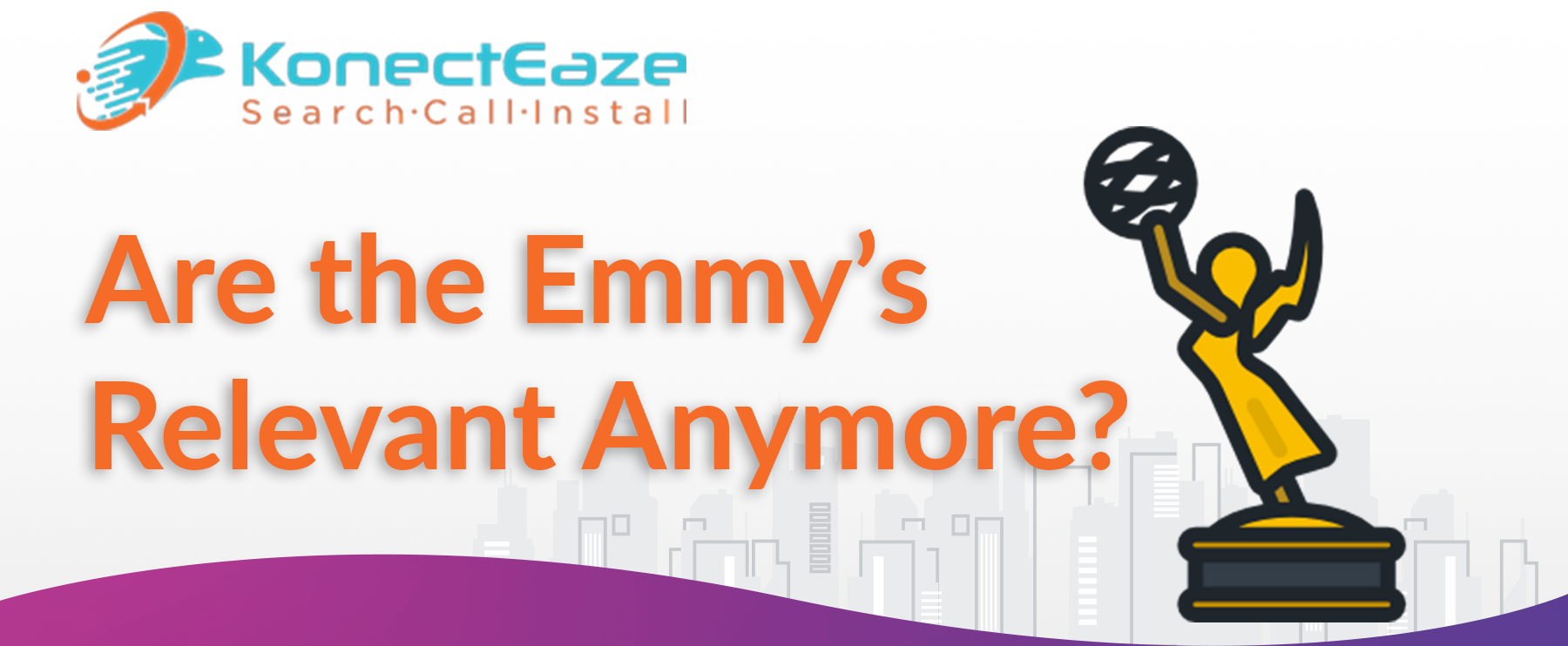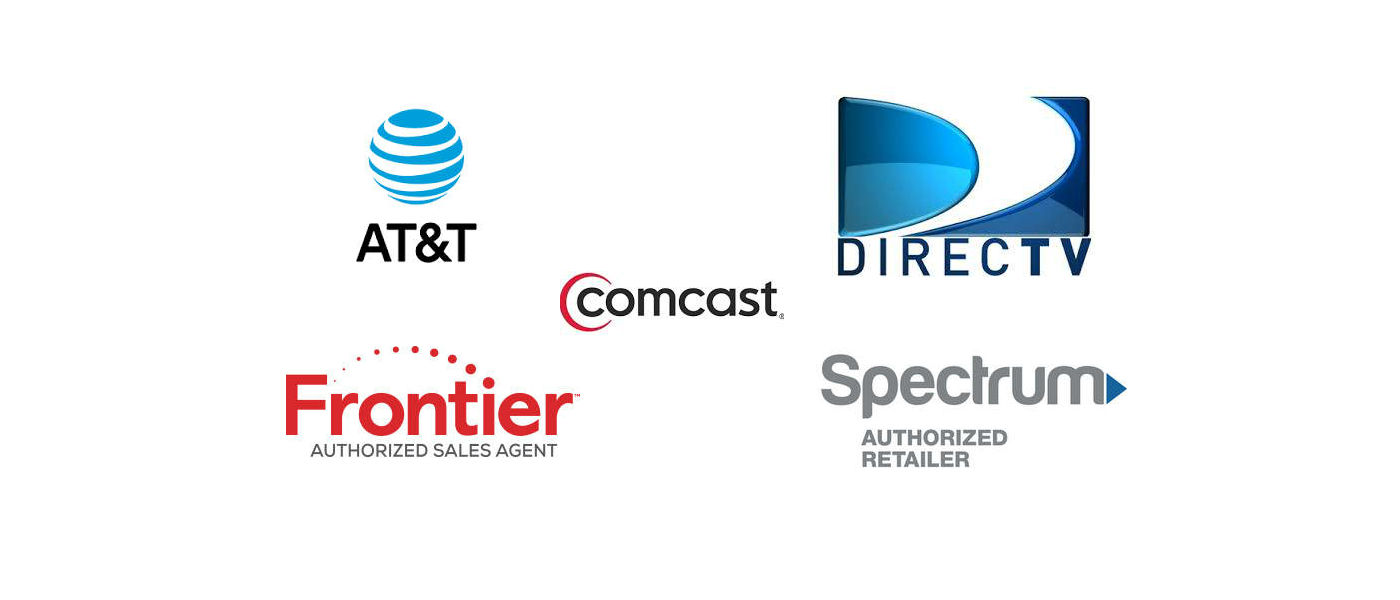How Fiber Optic Internet Works
Wondering if fiber optic internet is right for you? Use Konnect-Eaze to compare fiber-optic internet packages offered by internet service providers near you!

How Fiber Optic Internet Works
Fiber optic internet uses fiber optic cables to transmit data using light signals, offering superior speed and reliability compared to cable and DSL connections. Here's a comprehensive look at how fiber optic internet works, its benefits, and its types.
Fiber Optic Internet, Explained
Fiber optic internet gets its name from the fiber optic cables it relies on. These cables are made up of thin strands of glass or plastic fibers that transmit data between devices using light signals. The data travels through the core of the fiber optic cable, which is surrounded by a layer called cladding. The cladding reflects the light back into the core, allowing the light signals to travel long distances without losing strength.
Light signals communicate with your device using binary code, making the process incredibly fast and efficient. This is because light can travel at extremely high speeds and can carry a large amount of data at once.
Differences Between Cable, DSL, and Fiber Internet
Cable and DSL internet use copper cables, which are less efficient than fiber optic cables. Copper wires transmit data using electrical signals, which can degrade over long distances. This degradation leads to slower internet speeds and more interruptions.
In contrast, fiber optic cables use light signals, which do not degrade over long distances. This ensures that fiber optic internet maintains high speeds and reliability even over large distances. Additionally, fiber optic cables are less susceptible to electromagnetic interference, which can further impact the performance of copper cables.
Is Fiber Internet Right for You?
Fiber internet offers symmetrical upload and download speeds, which is beneficial for activities requiring high bandwidth, such as downloading and uploading large files, online gaming, and video conferencing. Symmetrical speeds mean that the upload speed is the same as the download speed, which is not typically the case with cable or DSL internet.
While streaming music and video content only requires about 25 Mbps, fiber internet can provide speeds up to 1,000 Mbps (1 Gbps) or higher. This makes it suitable for heavy internet users, large households, and businesses that need to support multiple users and devices simultaneously.
Types of Fiber Optic Internet
1. Fiber to the Premises/Home (FTTP/FTTH)
Fiber optic cables run directly to your house, providing the highest quality connection with the fastest speeds and most reliable performance.
2. Fiber to the Curb (FTTC)
Combines fiber and copper cables, with fiber running to the nearest utility box (the "curb") and copper cables connecting from the utility box to your home. This setup still offers better performance than traditional copper cables but is not as fast or reliable as FTTP/FTTH.
3. Fiber to the Node/Neighborhood (FTTN)
Covers a large area with fiber optic cables running to a central node in the neighborhood. From the node, DSL lines fill the remaining connections to individual homes within a one-mile radius. This option is generally the slowest and least reliable among the fiber options but still better than traditional DSL or cable internet.
Conclusion
Fiber optic internet offers unparalleled speed and reliability, making it an excellent choice for heavy internet users and those requiring consistent high-speed connections.




